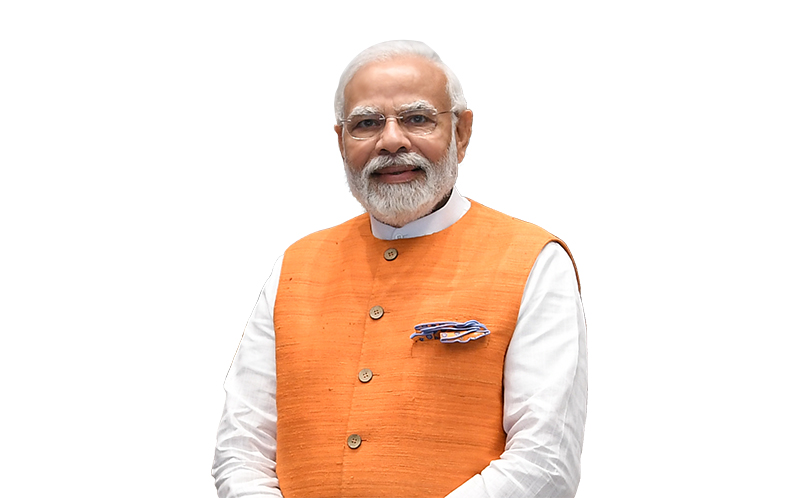Narendra Damodardas Modi is an Indian politician who has served as the Prime Minister of India since May 2014. He is a prominent leader of the Bharatiya Janata Party (BJP) and one of the most influential political figures in contemporary Indian politics. Here’s a biography of Narendra Modi:
- Early Life and Education: Narendra Modi was born on September 17, 1950, in Vadnagar, a town in present-day Gujarat, India. He was raised in a humble family of grocers. Modi completed his schooling in Vadnagar and later obtained a Bachelor’s degree in Political Science from the University of Delhi. He then completed a Master’s degree in Political Science from Gujarat University.
- Early Political Career: Modi’s political journey began in the early 1970s when he became an active member of the Rashtriya Swayamsevak Sangh (RSS), a Hindu nationalist organization. He later joined the BJP and quickly rose through the ranks due to his organizational skills and oratory abilities.
- Chief Minister of Gujarat: Modi served as the Chief Minister of Gujarat from October 2001 to May 2014, making him the longest-serving Chief Minister of the state. His tenure was marked by significant economic growth in Gujarat, although it was also marred by controversy, particularly regarding his handling of the 2002 Gujarat riots, which resulted in widespread criticism and accusations of state complicity.
- Prime Ministership: In 2014, Narendra Modi led the BJP to a historic victory in the Indian general elections, securing a majority of seats in the Lok Sabha (lower house of Parliament). He was sworn in as the 14th Prime Minister of India on May 26, 2014, succeeding Manmohan Singh. Modi’s government has since implemented various economic and social reforms, including the Goods and Services Tax (GST), the demonetization of high-denomination currency notes, and initiatives such as Make in India, Digital India, and Swachh Bharat Abhiyan.
- Re-election: Modi led the BJP to another resounding victory in the 2019 general elections, securing a second term as Prime Minister. The BJP and its allies won a commanding majority in the Lok Sabha.
- Foreign Policy: Modi’s tenure has seen a focus on bolstering India’s relationships with other countries, including major powers like the United States, Russia, and China. He has also sought to strengthen ties with India’s neighboring countries through initiatives such as the “Neighborhood First” policy.
- COVID-19 Pandemic: Modi’s handling of the COVID-19 pandemic has been a significant aspect of his recent tenure. His government faced criticism for the implementation of a nationwide lockdown in March 2020, which caused economic hardships for millions of Indians, particularly migrant workers.
- Personality and Leadership Style: Narendra Modi is known for his charismatic leadership style, effective use of social media, and strong nationalist rhetoric. He is often described as a polarizing figure, with supporters praising his decisive leadership and vision for India’s development, while critics accuse him of authoritarian tendencies and divisive politics.
Narendra Modi’s leadership has left a profound impact on Indian politics and society, shaping the country’s trajectory in various domains.
